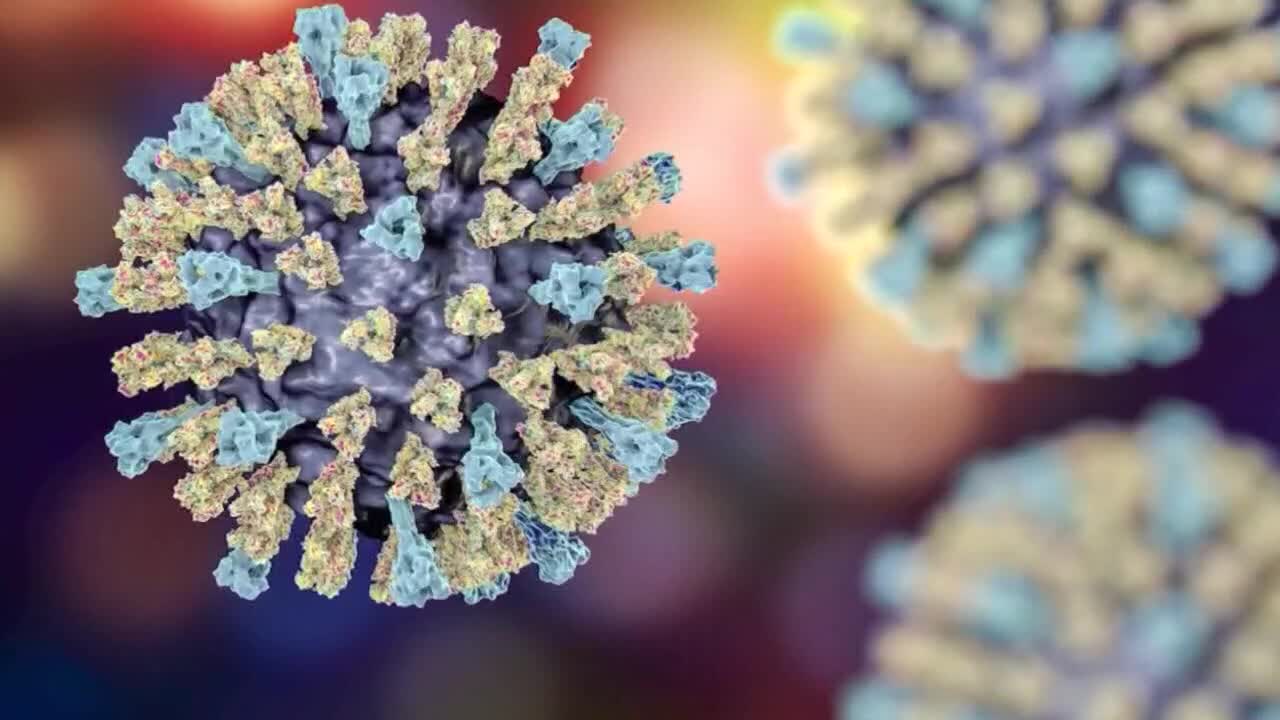Texas Measles Scare Eases: No New Cases Reported – What You Need to Know

Good news for Texans! Health officials have announced a welcome development in the ongoing measles outbreak: no new cases have been reported as of Friday. This marks the first time since January that the state hasn't seen an increase in infections, offering a glimmer of hope that the outbreak may be subsiding. But is the danger truly over? And what steps should you take to protect yourself and your family?
A Look Back at the Texas Measles Outbreak
The measles outbreak, which began in January 2025, has been a cause for concern across Texas. Measles is a highly contagious viral disease that can lead to serious complications, especially in young children and those with weakened immune systems. The initial outbreak was linked to several factors, including international travel and pockets of unvaccinated individuals within the state. The Texas Department of State Health Services (DSHS) has been working diligently to track cases, provide vaccinations, and educate the public about the importance of prevention.
Why This 'No New Cases' Announcement is Significant
While it's encouraging to see no new cases reported, health officials are urging caution. This pause doesn't necessarily mean the outbreak is completely eradicated. It could indicate a temporary stabilization, and the virus could resurface. The DSHS continues to monitor the situation closely and is prepared to respond if needed.
What You Need to Know About Measles
- Symptoms: Measles typically begins with a fever, cough, runny nose, and red, watery eyes. A rash then appears, starting on the face and spreading to the rest of the body.
- Contagiousness: Measles is incredibly contagious. It spreads through the air when an infected person coughs or sneezes.
- Prevention: The most effective way to prevent measles is through vaccination. The MMR (measles, mumps, and rubella) vaccine is safe and highly effective.
- Who is at Risk? Young children, unvaccinated individuals, and those with compromised immune systems are at higher risk of severe complications from measles.
Protecting Yourself and Your Family
Here's what you can do to stay safe:
- Get Vaccinated: Ensure that you and your family members are up-to-date on your MMR vaccinations.
- Stay Informed: Monitor updates from the DSHS and local health authorities.
- Report Symptoms: If you suspect you or someone you know has measles, contact your healthcare provider immediately.
- Practice Good Hygiene: Wash your hands frequently and cover your mouth and nose when you cough or sneeze.
The Road Ahead
The recent pause in new measles cases is a positive sign, but vigilance remains crucial. Continued vaccination efforts, public awareness campaigns, and proactive monitoring by health officials are essential to prevent a resurgence of the outbreak. The DSHS is committed to protecting the health and well-being of all Texans, and they encourage everyone to take preventative measures against this highly contagious disease. For more information and resources, visit the Texas Department of State Health Services website.





